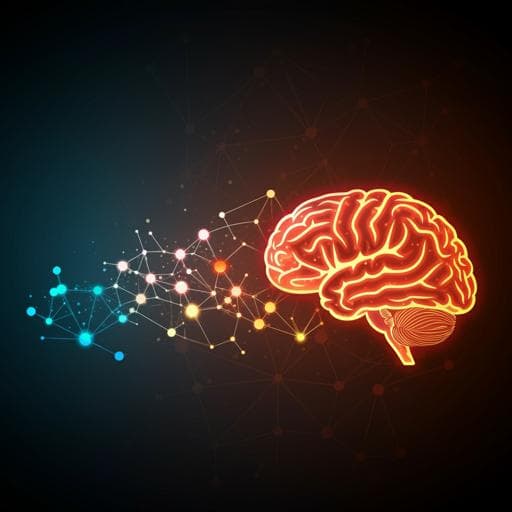
Psychology
The rational use of causal inference to guide reinforcement learning strengthens with age
A. O. Cohen, K. Nussenbaum, et al.
Discover how beliefs about environmental controllability shape learning from childhood to adulthood in a recent study conducted by Alexandra O. Cohen, Kate Nussenbaum, Hayley M. Dorfman, Samuel J. Gershman, and Catherine A. Hartley. The research reveals that while adults and adolescents utilize causal inference in their learning, younger children tend to rely only on simple outcomes. Don't miss this insightful exploration into cognitive development!
~3 min • Beginner • English
Related Publications
Explore these studies to deepen your understanding of the subject.







